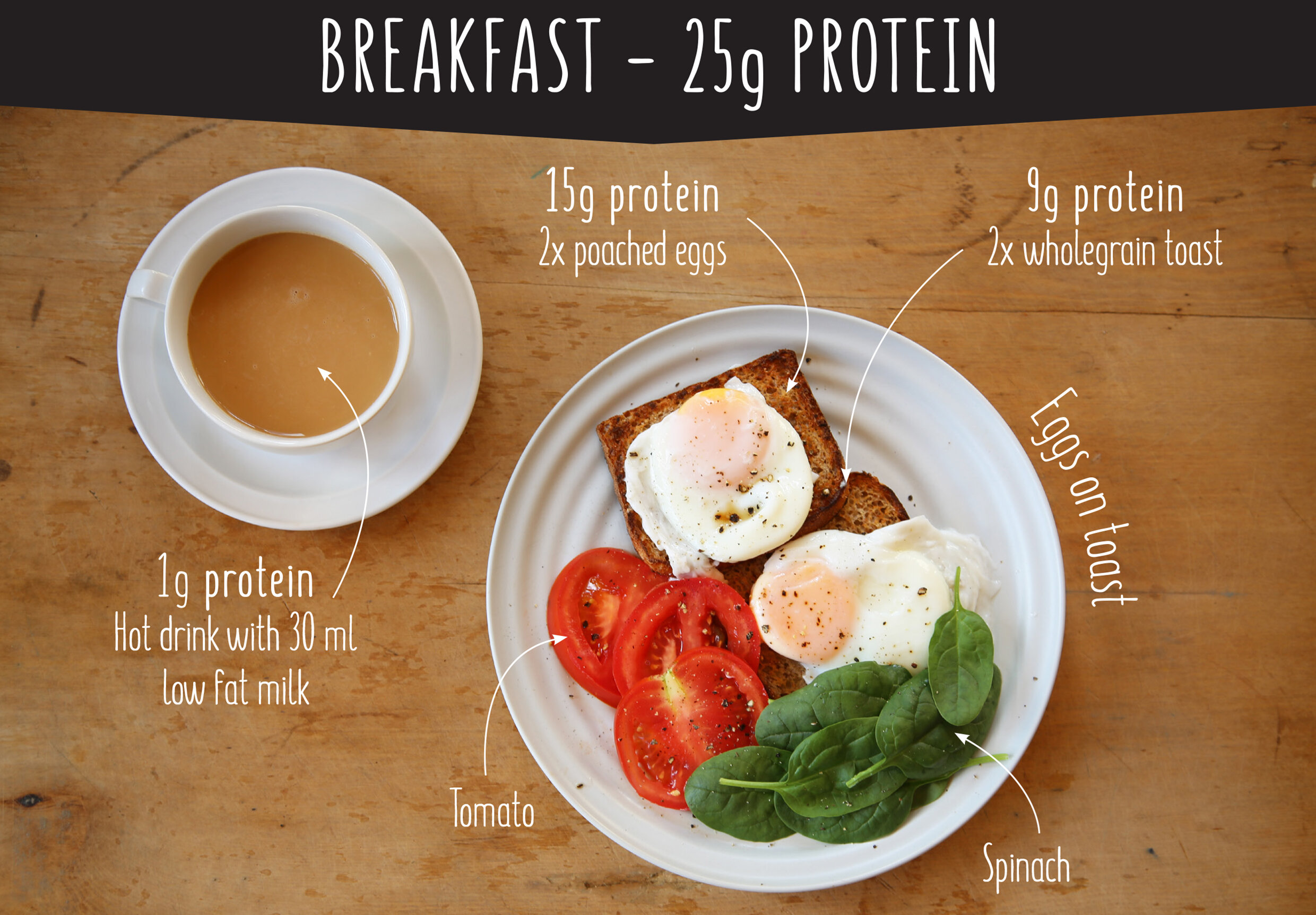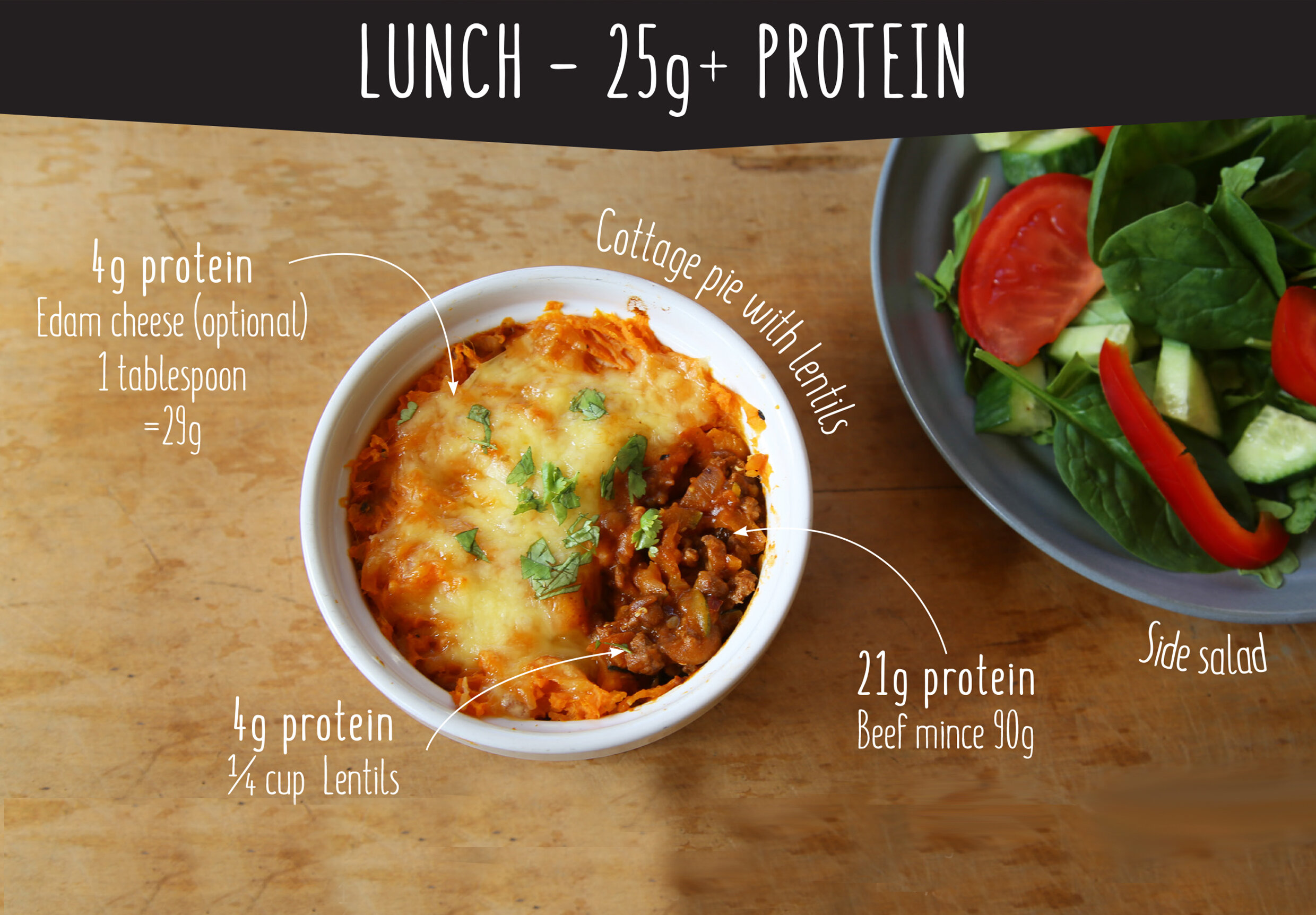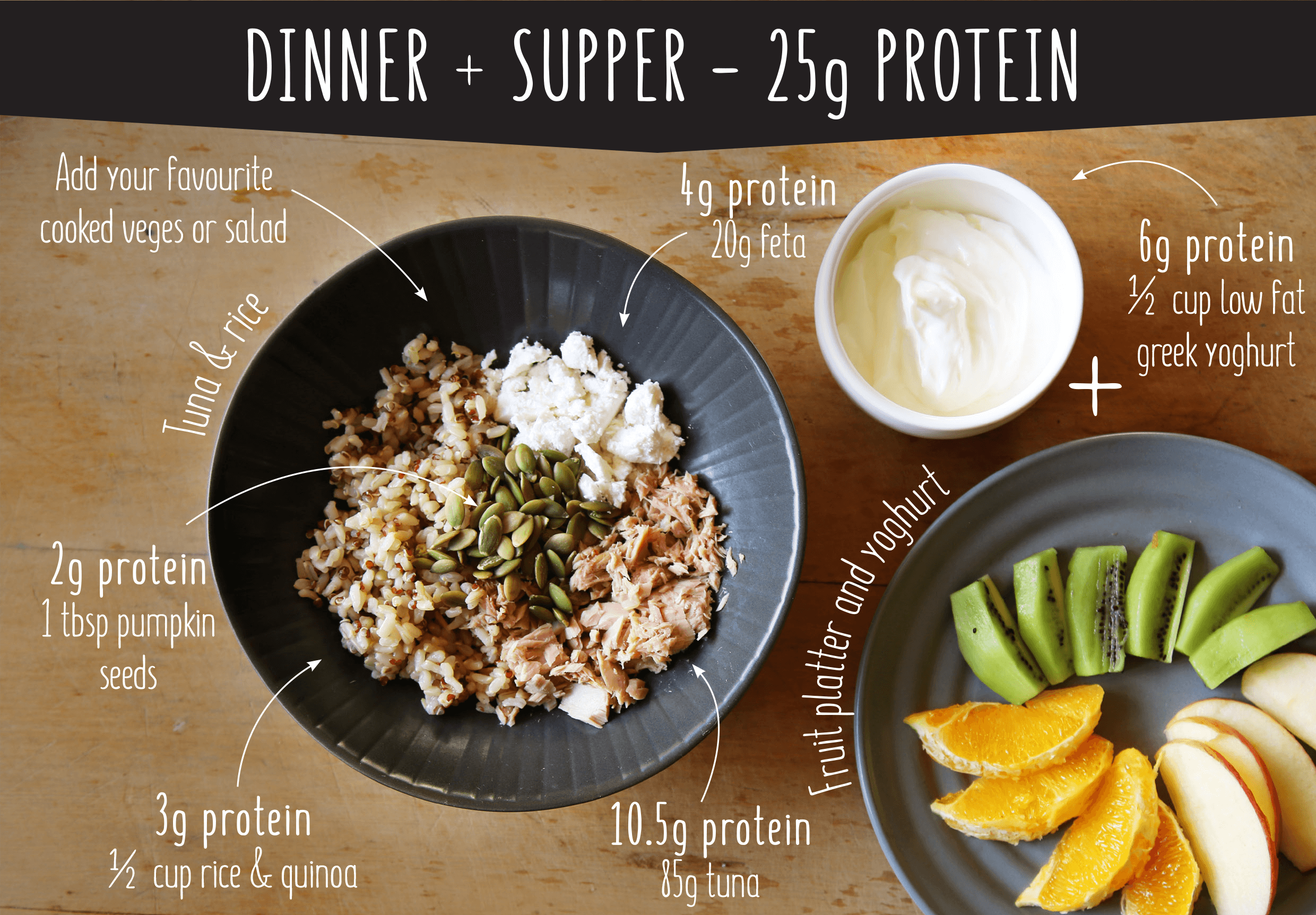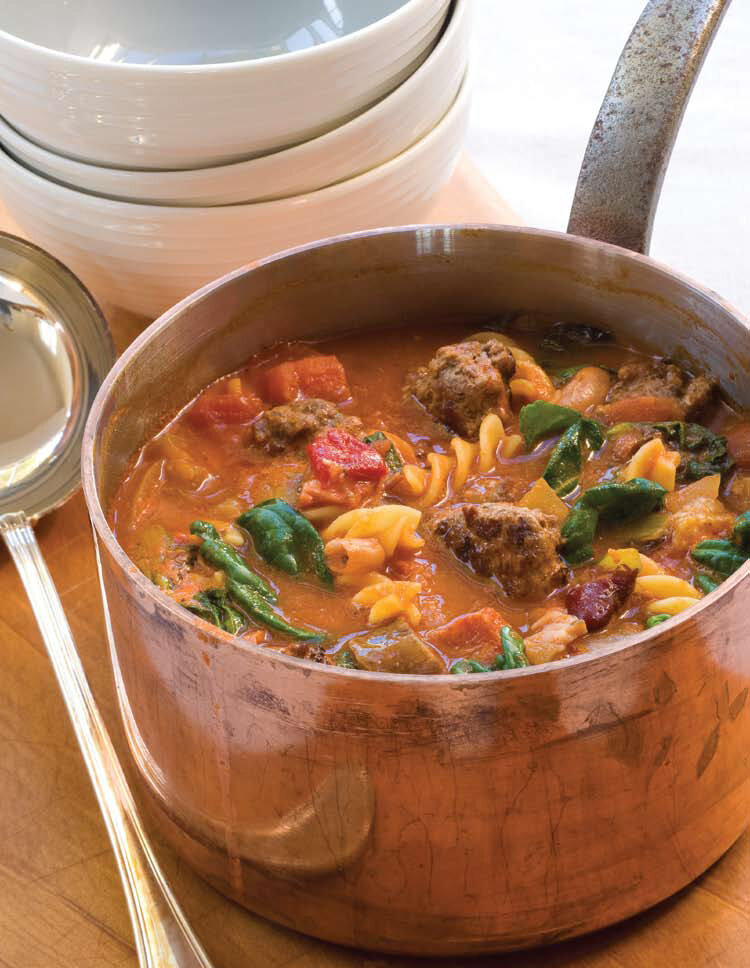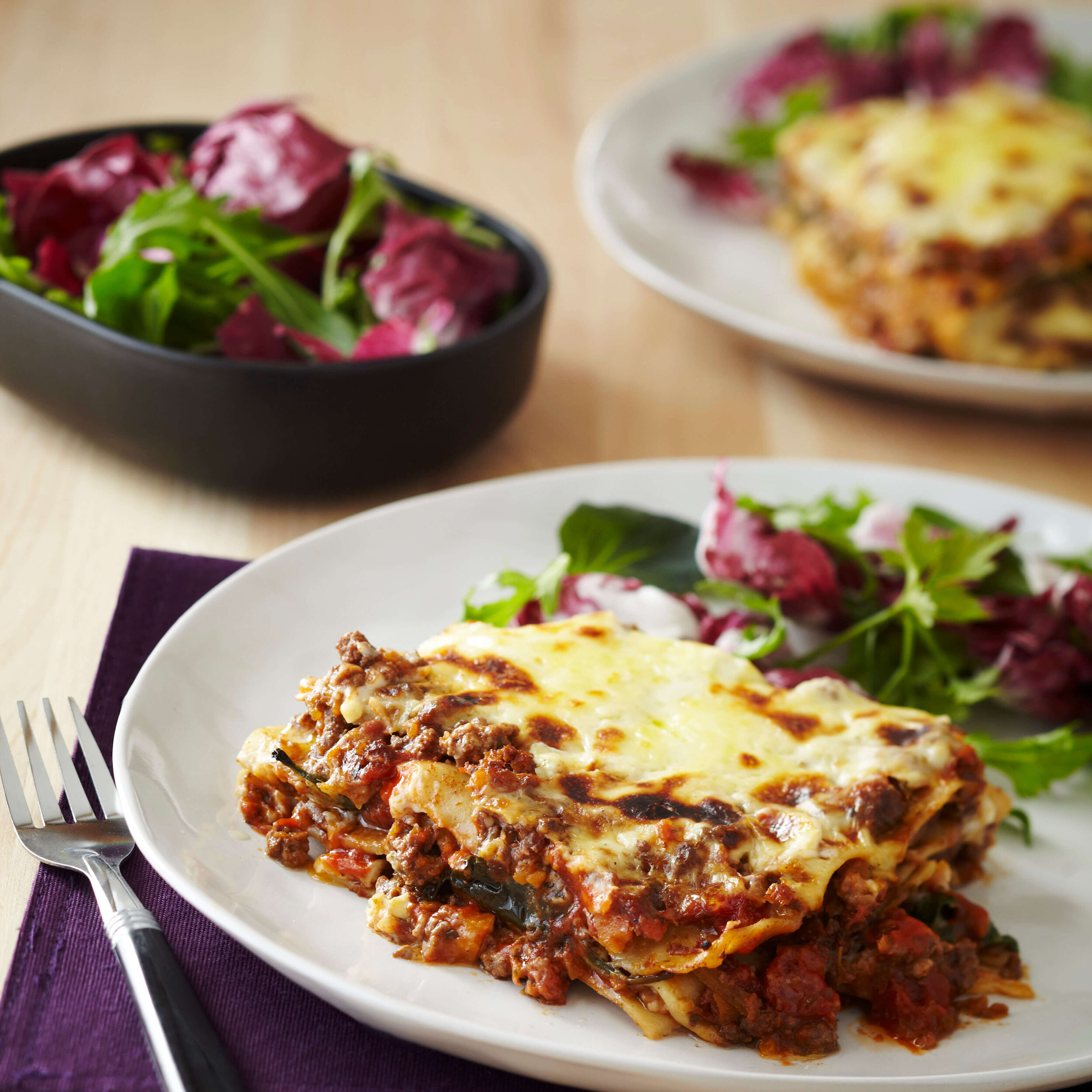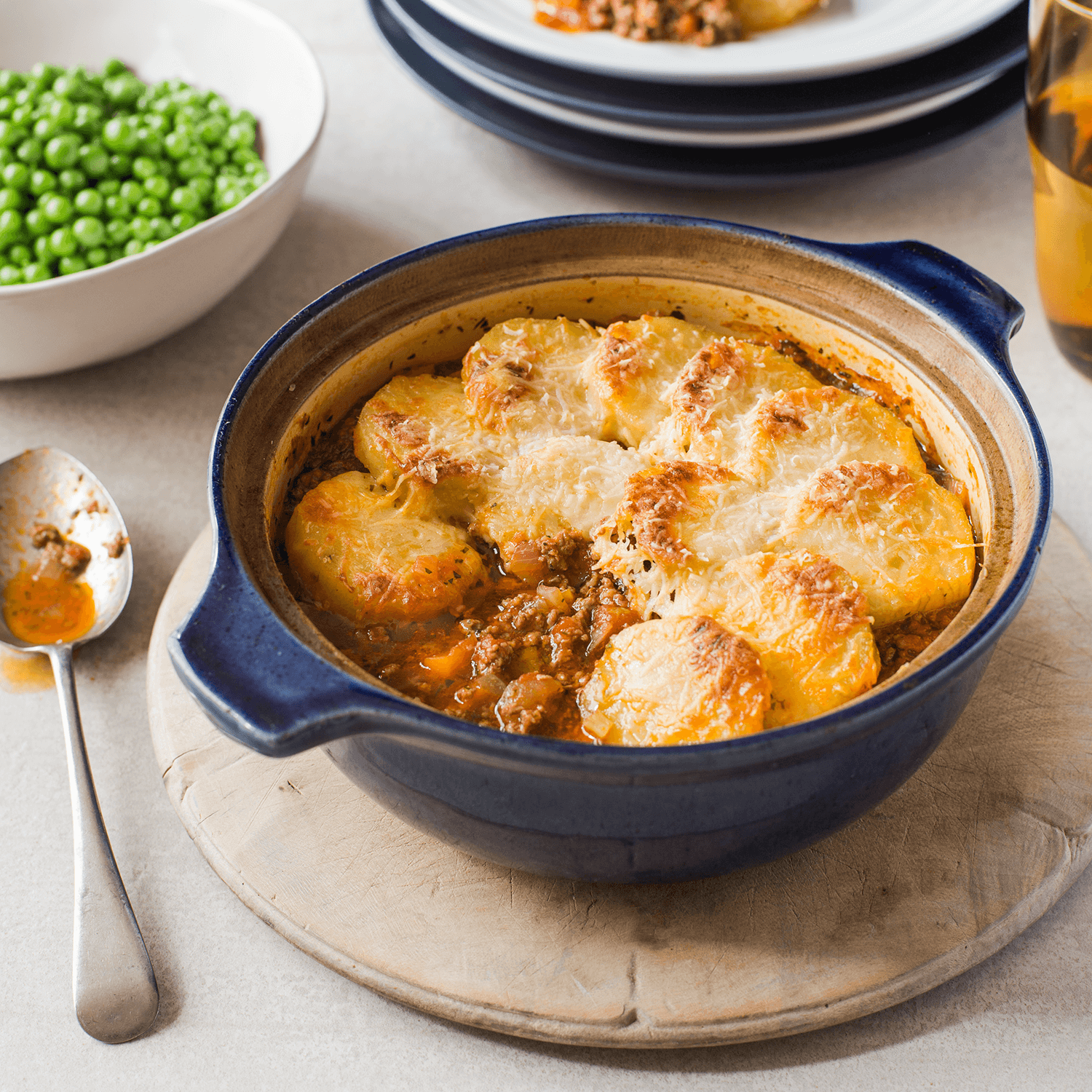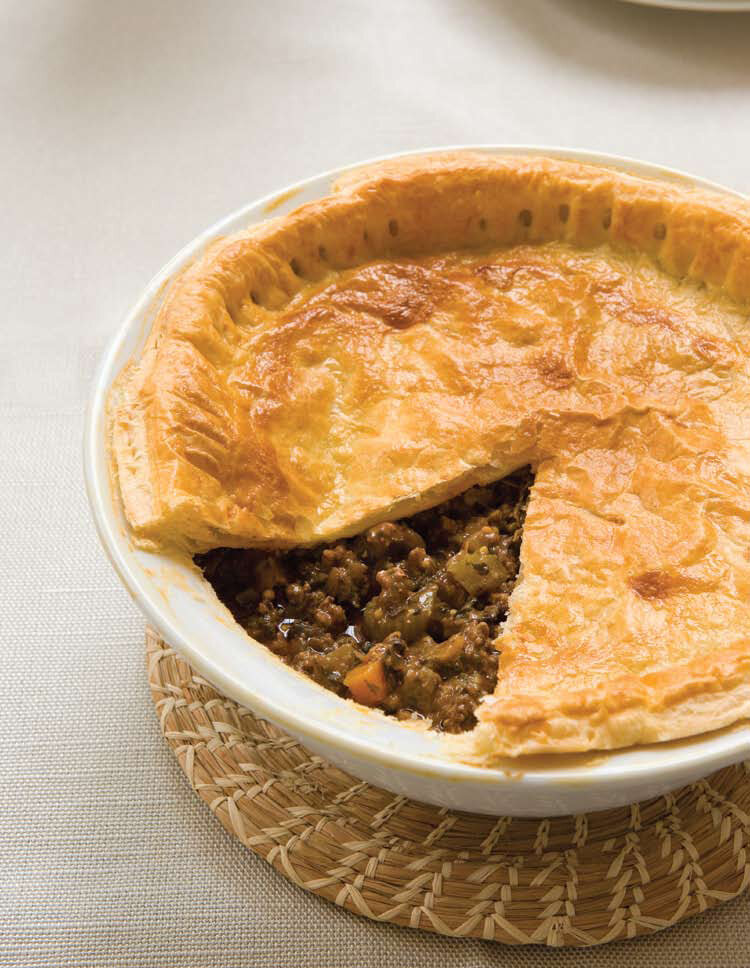Mince: the perfect partner for healthy ageing
Mince is touted as a great choice for kiddies and families alike, but it’s also a brilliant food choice for older people in our communities. Let’s look at how humble mince can play a part in supporting positive ageing for a large number of New Zealander’s.
Sarah Hanrahan, CEO of the New Zealand Nutrition Foundation, an organisation that runs a programme called ‘Just Cook for Healthy Ageing’, says “We know older people are at risk of malnutrition and that it’s important for older people to eat protein-rich foods throughout the day. As a protein rich food that is well liked, affordable, versatile and nutritious, mince is an ideal food for older people to regularly include in their meals”.
New research recently published suggests up to 68% of older New Zealanders (aged 65 years and older) are at risk of malnutrition (they aren’t getting adequate nutrition through the foods eaten). This study showed 65% of New Zealand older adults have one portion or less of the recommended 3 daily servings of dairy products a day, with about half eating the recommended meat, eggs, fish or a meat substitute once a day, or less. The New Zealand researcher involved in the research highlighted this is surprising given New Zealand is such a successful primary producer of meat and dairy.
Massey University’s Professor of Public Health Nutrition, Carol Wham, was involved in this research and stressed the importance of these protein foods. “Meeting the daily recommended intake for meat and dairy is directly linked to people’s intake of protein, calcium and other important nutrients needed for maintaining muscle and bone strength.”
For many reasons cooking a hearty meal for one can be more challenging as we age, sometimes it can be because it requires too much energy to cook a meal and clean up afterwards or it could be that a person doesn’t have the necessary cooking skills (if a spouse has passed away). That’s where cooking classes such as the ‘Just Cook for Healthy Ageing’ programme can come in handy alongside bulk cooking on a day you’re feeling energetic. For those of us with elderly family members or friends, making an extra meal when cooking, ready for the freezer, will be hugely appreciated by older adults. Not only is it a night off cooking for them, but it’s always interesting to eat someone else’s food. Better still share a meal with an older adult who lives alone, the socialisation of eating together is good for appetite and brings a bit of joy to the day.
DIETARY PROTEIN FOR OLDER ADULTS
Whether you are an older adult, or play a role in caring for ageing parents or grandparents, one goal we all have in healthy ageing is to enable us to live life to the full, and prevent any serious health issues for as long as possible. As many will know, a healthy diet and regular exercise is key to positive ageing, but fewer people know the importance of protein foods as we age.
It may be surprising to learn that as we age we actually need to eat more protein foods. We often assume as we become less active, we need to eat less food (and less protein), but this is not the case. Current dietary guidelines recommend older adults (70 years and over) should eat more protein than their younger adult counterparts.
This extra dietary protein can help maintain muscle size and optimise muscle function, which is important to keep up with favourite physical activities, walking and showering independently and reducing the risk of falls. Older adults benefit from having at least 1-1.2g protein per kilogram of body weight per day. This equates to around 75g of protein a day and it is recommended this is distributed evenly across the day as shown in the meal plan below.
Some older adults might struggle to eat this much food in a day, so an initial goal might be to try and incorporate some protein foods at each meal and when snacking, include protein-rich food and drinks such as a glass of milk, cheese, yoghurt or nuts.
DAILY MEAL PLAN - 75g PROTEIN
4 REASONS WHY MINCE IS A GREAT PROTEIN CHOICE FOR OLDER ADULTS
1. Nutrient dense
Mince can come in many forms, lamb, beef, chicken and venison, all are nutrient dense food choices. For example, 100g of lean, cooked beef mince has 24.2g of protein and is a good source of many other vitamins and minerals that contribute to good health. Prime mince or beef and lamb mince with the Quality Mark has a less fat (<10%) and therefore more protein, so you’re actually getting more protein for your buck.
2. Budget- friendly
Mince, especially beef mince, is generally a cheaper cut of meat, even more so when you can purchase it on special. 500g of mince purchased on special will often make about 5 meals at around $1.10 of mince per meal. Combining mince with seasonal vegetables can help keep the food budget down and gives more variety to the meal. It’s also easy to make a meal of mince go even further by combining mince with some beans or lentils.
3. Easily digested
Expert in public health nutrition, Professor Wham highlights “oral health and wearing dentures can make it harder to eat meat.” Certainly as we age we often have problems with biting, chewing or swallowing. New Zealand research has identified that people with their own teeth or partial dentures are more likely to eat enough protein than those with full dentures. Mince is a great solution to keep protein intake up, no biting is necessary and chewing is reduced. It’s also a much easier meat to swallow than solid cuts, and because it has already been minced, is easier to digest.
4. Bulk cooking & freezing
Mince lends itself to easily pre-prepared meals and freezing. Having some heat-and-eat single-meal containers on hand is also useful. Below we’ve shared some of our favourite meals to cook in bulk and freeze as individual meals for yourself or to put a smile on a face when you gift it to an older family member or friend.


